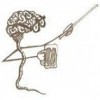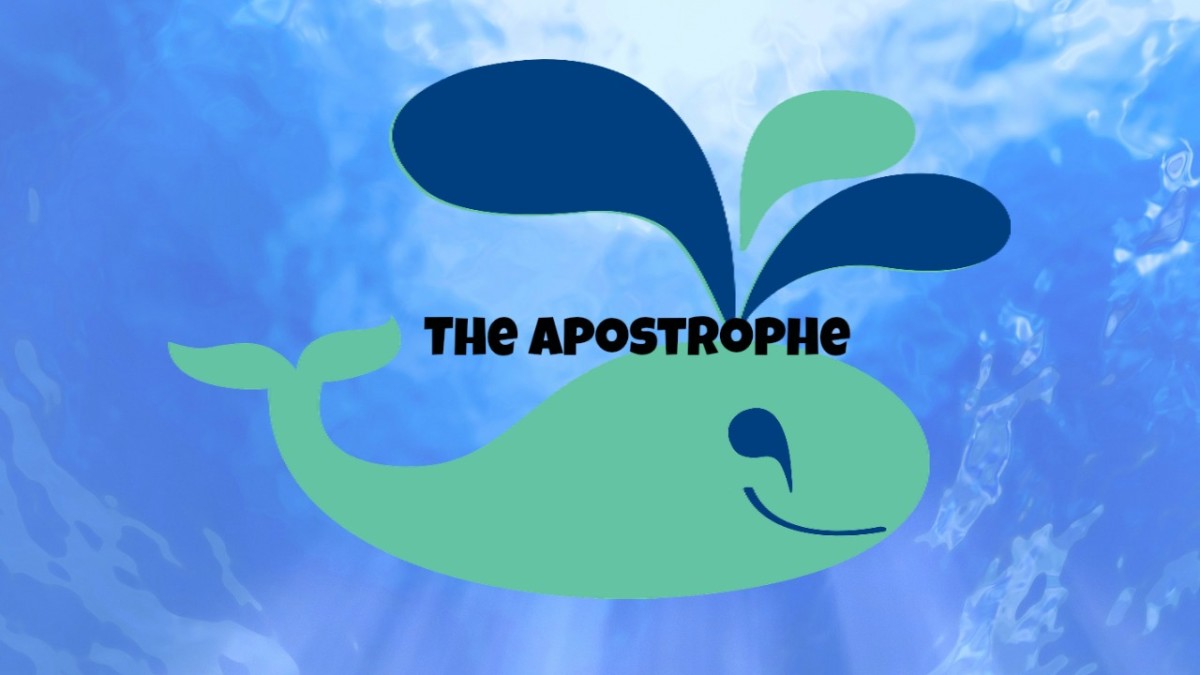Is it ITS or IT'S? And is it YOUR or YOU'RE?
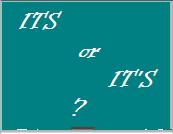
How to spell "It's" and "Its," "Your and "You're."
These two sets of pronoun problems come up a lot, and, frankly, they can be confusing. The simple fact is that the English language is confusing. English is like a beautiful woman: alluring and sensual, filled with promise and possibilities... and totally prone to randomly changing the rules.
The worst part about this "its - it's" thing and the "your - you're" thing is that we've already learned that crap like at least two or three times before. So, whatever it is about them, learning it just never seems to stick.
Until now.
With the right degree of immature examples and some explication, hopefully when you reach the bottom of this hub, you will finally have this garbage sorted out, the confusion forever put away. The point is not only to explain it, but to make it permanent. So, here goes:
Pronouns: A quick refresher
If you totally remember all your pronoun stuff from school, you can jump right over this section. But for those with a bit of rust on this stuff, I'm going to rekindle some old memories so that what follows will make perfect sense.
Pronouns are words used in place of other nouns, regular old boring ones and "proper" ones like names. (Nouns, I'm sure you recall, are words for a "person, place or thing.") In school you learned something that looks like this:
Personal Pronouns
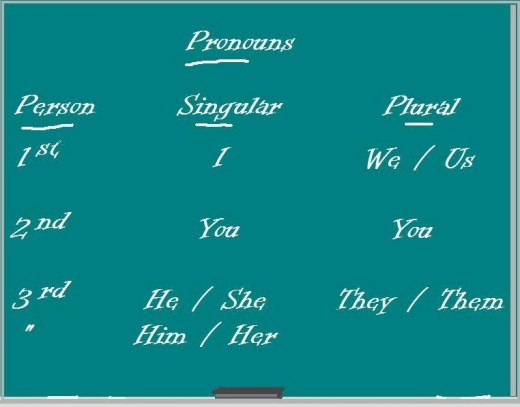
You remember that stuff? You probably got beat to death with that stuff in school like all the rest of us, but it was so boring, and you really wanted to go out to recess, or pass notes to your friends, so you didn't pay any attention. That's ok, nobody else did either, which is why so many of us screw this stuff up today.
Hey, at least you're here now.
So, those are "pronouns" and you stick them in sentences rather than the name of stuff, in place of nouns (words that name something, like: table, rock, Mars, Susan and Metropolitan Museum of Arts).
So, with that refreshed, lets see an example of a pronoun replacing a noun:
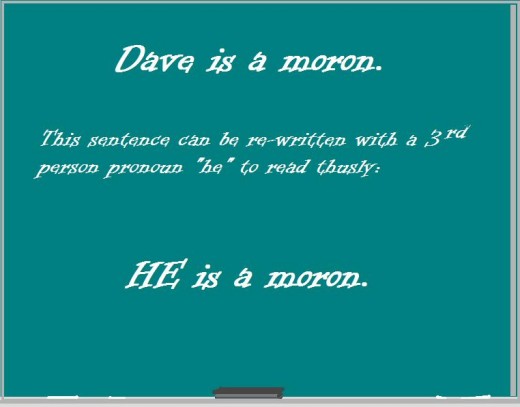
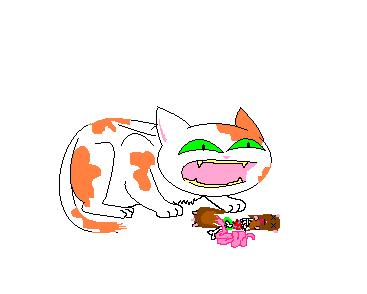
Another example: The cat ate the hamster.
Rewritten with 3rd person pronoun:
- It ate the hamster.
OR:
- The cat ate it.
"It" can fill in for any inhuman noun, or even a human one if you want to be insulting.
So, pronouns are cool, and they are obviously useful. But, they make stuff confusing, particularly when it comes to using "apostrophes" (which are those little marks that separate the ‘s from the rest of words in case you forgot.)
So, with that little refresher out of the way, let's get to the point.
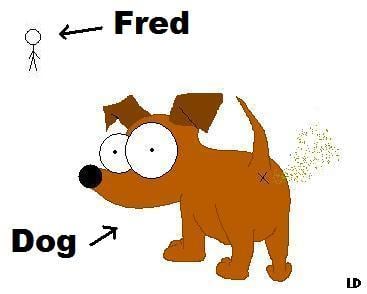
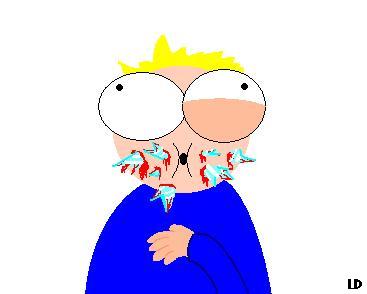
Possession Is Where People Get Confused
Ok, so we mentioned the punctuation mark "the apostrophe" a second ago. The apostrophe is really the confusing issue here, more so than the pronoun use. Everyone remembers being in taught in school that you use an apostrophe for two things:
- 1. To show ownership or possession - "Fred's dog has gas" (Fred owns the dog with gas)
- 2. To indicate missing portions/parts of a word or contraction - "I shouldn't eat glass." (I should not do that)
So, if you remember that part, you're in decent shape so far. The problem is when we come to pronouns AND possession, the whole thing gets muddled up in our heads.
In the case of "its" or "it's" the rules seem totally overlapped. The confusion comes from the fact that "it is" contracts to "it's" with an apostrophe, BUT, if I want to show ownership of something, then I'm supposed to use an apostrophe too, right? So, if I want to write a sentence about how my dog licks his own butt, I should use an apostrophe just like the stinking rule says, right? So, I should write: "My dog licks it's butt?"
Right?
Maybe?
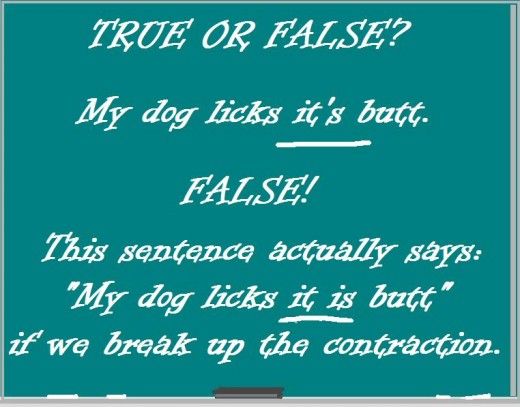
NOPE, that's the hawt woman changing her mind thing about English, and where we get confused.
The correct form is just "its" with NO apostrophe. So, I want to write, "My dog licks its butt."
Which is great, but how the heck are you supposed to remember that, right? You may be thinking, "I understand that here, right now, but I still get confused as hell when I'm trying to write something on my own, and unless I can somehow find a way to remember this garbage, I will be confused again in a week."
Well, here's how you keep it straight, and it gets back to pronouns.
Pronouns Don’t Get Apostrophes for Ownership
That's pretty much the secret right there. The rules you know about apostrophes really do hold up in all cases EXCEPT for when you are using a pronoun. So, remember that. And here is something that will help.
Pronouns have their own special possessive forms. Their own little private indicators of ownership. And because they get their own unique words, they don't need fancy extra punctuation like an apostrophe. Here they are:
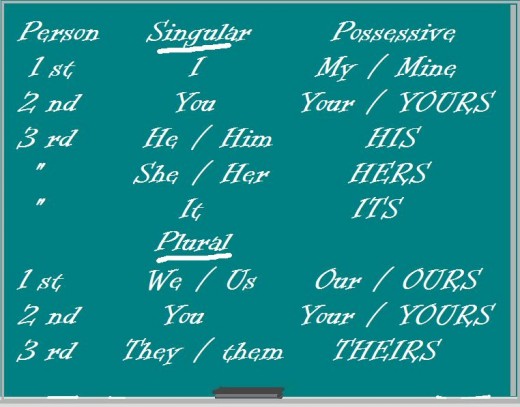
Take a good look at the plural forms. Notice "yours," "his," "hers," "its," "ours," "yours" and "theirs" all don't have any apostrophes? Look again; they don't. They have "s" endings, but no apostrophe. They don't need them. I think this is where the potential for confusion comes into play.
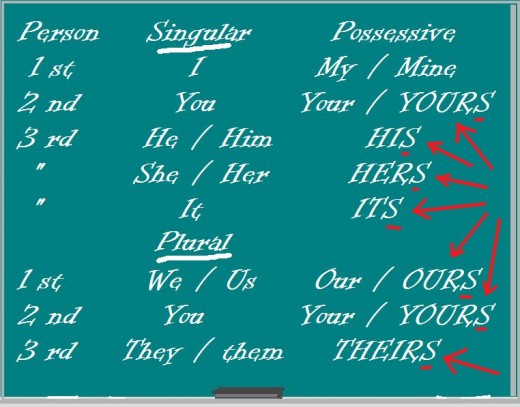
Look at all the pronouns up there that end is "s." And think about it, the ones that get confusing are the ones that end with "s": the "its" and "yours" as the title of this hub suggests. The reason for that is because there are contractions for "it" and "your" ("it is" and "you are" that become "it's" and "you're") that people see all the time, and use all the time - so much that the whole thing starts to scramble in our brains.
So, to help you keep yourself straight, I want you to focus for a moment just on the clearest ones: His, Hers.
You wouldn't even consider putting an apostrophe in those would you? I mean, they do show ownership don't they? So, technically, by the same logic that confuses you with "its" and "it's" shouldn't you get confused with "hers" and "hers?" Shouldn't an apostrophe go in there? You already know the answer; you just haven't actually looked at why you know before. So, let's do that.
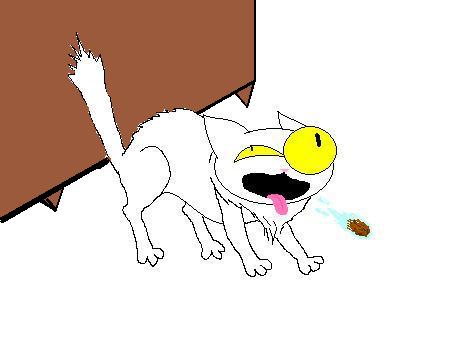
- His dog has horrible gas.
- The cat puking behind the couch is hers.
There are zero apostrophes in there. His and Hers don't get them, and you are totally fine with that, because you know these words are possessive forms. What you never really did was think about the fact they are pronouns. Hopefully, from now on, you will, at least subconsciously.
Now look at the rest of the possessive pronouns ending with an "s."
- The cat is ours.
- The hamster the cat is eating is theirs.
- Oh, is that hamster yours?
- The hamster has lost its head.
See? Just "s" no apostrophes.
ITS and YOURS are in there... right alongside HIS and HERS. Get them grouped up in your head as possessive pronouns and you won't mess up.
So, now you know. If it is a pronoun that owns something, there is no possessive punctuation. Just the word. Now, if it's a contraction that's a different deal.

A Quick Note on Contractions
If you forgot what a contraction is, it's basically when two words get jammed together and a letter (or more) gets dropped out. Think of the look on a woman's face when she's having a contraction... notice how her eyes are jammed closed and her eyebrows are jammed together? See how the skin on her forehead crinkles up, all jammed together in rows? I'm not even going to mention the other stuff going on. Anyway, that's a contraction. Lots of jamming together. And, obviously, something is going to drop out after all that. Words work the same way. Well, sort of.
Examples:
- "could not" becomes "couldn't"
- "have not" becomes "haven't" etc.
When we get to pronouns, that rule doesn't change. When two words get jammed together and some letters get dumped (or one word with dumped letters too, technically), you get to use the contraction apostrophe rule.
This is where "it is" becomes "it's" and where "you are" becomes "you're." If you get confused, say the sentence with the contraction unfolded, so if you write, "The hamster lost it's head" and it doesn't look right, say it out loud with no contraction: "The hamster lost it is head." Then you'll know it's not what you wanted. However, if you write, "It's time to get a new hamster" and then you say it outloud and in full, you'll see you have: "It is time to get a new hamster," which makes sense and lets you know you have used your apostrophe correctly.
Some sample contractions
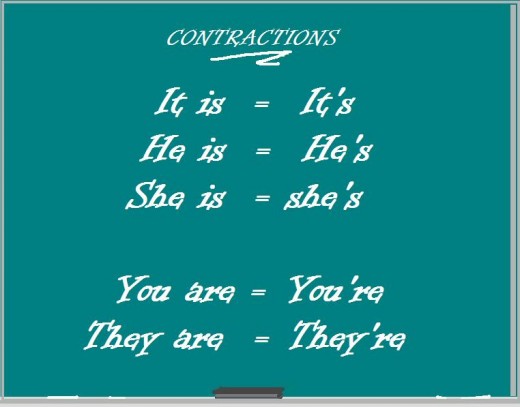
Etc., etc.
So now you know. The simple rule is this: PERSONAL PROUNOUNS that OWN something, DON'T get to own an apostrophe too. Pronouns are stand-ins. They aren't real nouns. FRED is a noun. FRED can own a dog and an apostrophe because Fred is a real person, an actual noun, and can handle having that much stuff in his life. The word "his" is a little weak ass word; it's a pronoun. In fact, it's so weak, they had to give it the "pro" part to make it feel special since it had such low self esteem. In reality, it's just a puny little fake noun. Look at it; it can only afford three letters. It damn sure can't afford to own a dog AND an apostrophe. So, if you use it, it's just going to be "His dog licks its butt." Same goes for "ours," "yours" and "its." They're little baby words and they just can't afford to own anything beyond the object to which they refer, which means, no apostrophe.
Now, there are some bigboy pronouns out there that do get an apostrophe, like "anyone's" or "somebody's", but those are what they call "Indefinite pronouns" and, frankly, I bet you don't screw them up as it is. In fact, I only put this disclaimer in here in case some grammar nazi shows up trying to show off or for the one person who might be going, "Hey, wait...?" So, just remember these little wiener personal pronouns can't hold up an apostrophe, and let the rest work like they always have for you.
So that's it. I hope it helps. I hope the next time you're writing something about how your dog licks its butt and how it's the most disgusting thing you've ever seen, I hope you can get the apostrophes right. :)
If You Were Amused... or You Like to Read
- Shadesbreath's Facebook page
Whether it's funny grammatical facts, serious writing tips or, more often, some sarcastic or satirical rant, this is the Facebook hub for keeping current on the latest diatribe. Come on over, click LIKE and say, "Hi." - My Website (books, shorts, and blog)
Come check out my latest novel, maybe buy one (I'll be your best friend!), or just stop in and pipe in your two cents on my blog. I write fantasy, science fiction, and literary fiction, and I've got something that almost any reader can enjoy.
